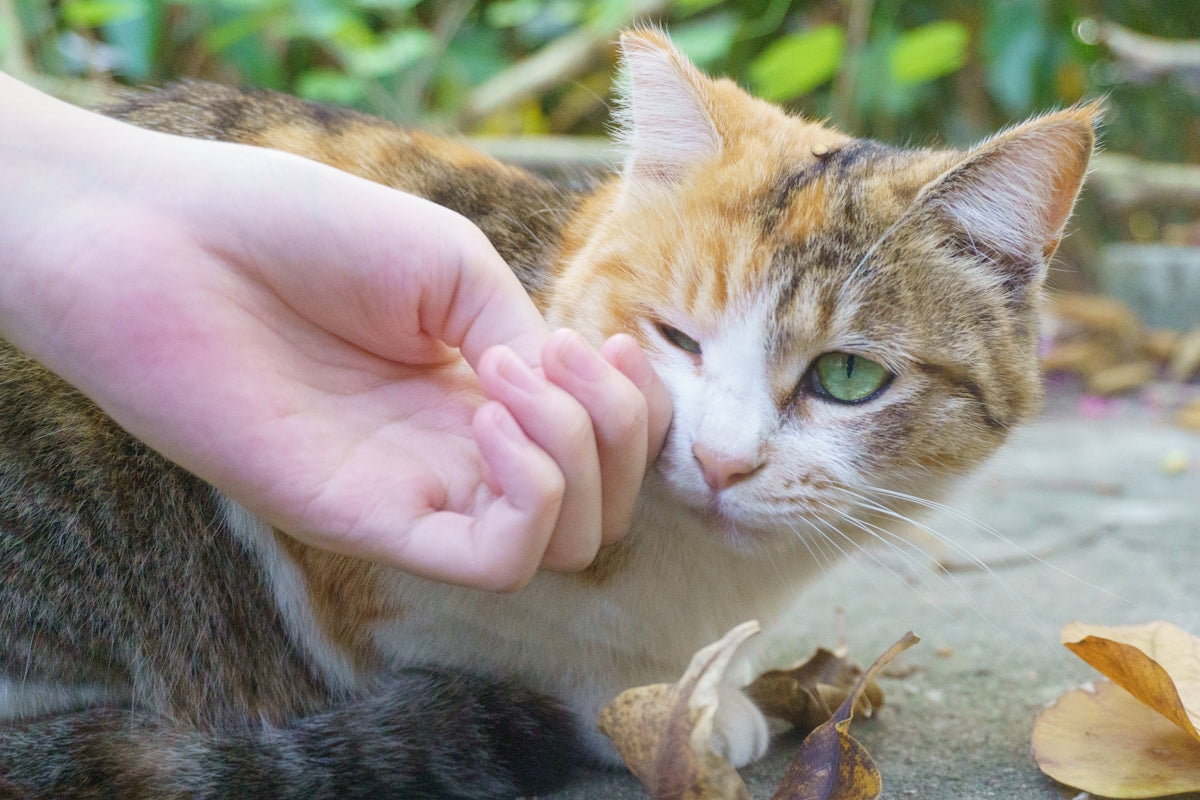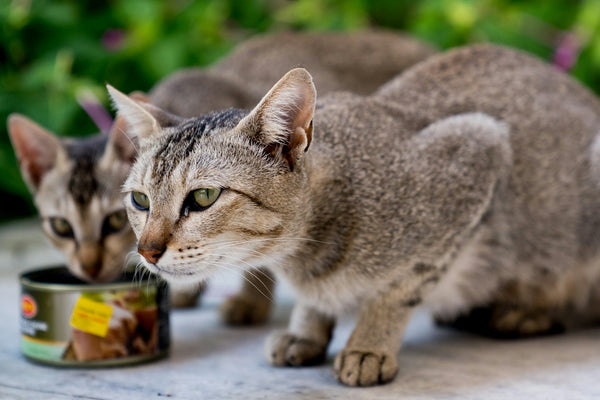In recent years, growing awareness about environmental issues has led many pet owners to consider the ecological footprint of their furry friends. The pet food industry is a significant contributor to environmental degradation due to its resource-intensive production processes, carbon emissions, and waste generation. However, there are sustainable alternatives that can help mitigate these impacts and promote a healthier planet for both pets and their owners.
The Environmental Challenges of Pet Food Production
- Resource Intensity: The production of pet food utilizes significant amounts of water, land, and energy. Ingredients often include meat by-products, which require substantial resources to produce. Additionally, the manufacturing process itself is energy-intensive.
- Carbon Emissions: The pet food industry contributes to greenhouse gas emissions primarily through the processing and transportation of ingredients. Livestock farming, which supplies the majority of protein in pet foods, is a major source of methane, a potent greenhouse gas.
- Waste Generation: Excessive packaging in pet food products contributes to plastic waste, which poses a long-lasting threat to ecosystems. Non-recyclable materials often end up in landfills or pollute water bodies, affecting wildlife and communities alike.
Sustainable Alternatives in Pet Nutrition
Luckily, conscientious pet owners can choose from several sustainable options that reduce ecological impacts while still providing adequate nutrition for their pets:
- Plant-Based Pet Foods: Opting for plant-based alternatives can significantly reduce the carbon footprint associated with pet diets. These foods often include ingredients like legumes, grains, and vegetables, which require fewer resources than meat protein.
- Insect-Based Proteins: An emerging trend in sustainable pet food is the use of insect proteins, which offer a rich nutritional profile with a much lower environmental impact compared to traditional livestock farming.
- Eco-Friendly Brands: Some pet food brands are taking steps to reduce their environmental impact by sourcing sustainable ingredients and using biodegradable or recyclable packaging.
- Localized Production: Selecting pet foods produced locally can minimize transportation emissions. Supporting local businesses also fosters community growth and reduces overall carbon footprints.
- Water-saving Techniques: Proper hydration is crucial for pet health. To promote efficient water usage, consider investing in products like the PetHydrate Automatic Cat Bowl & Water Fountain, which can help reduce water waste while keeping your pet hydrated.
Steps for a Greener Pet Future
As a responsible pet owner, you can contribute to a more sustainable future by making environmentally conscious choices. Consider the impact of your pet's diet and explore the sustainable alternatives available. For more ideas on sustainable pet products and tips, visit My Pet Collective.
By embracing these eco-friendly practices, you play a vital role in reducing the pet food industry's environmental footprint and fostering a healthier planet for future generations.








